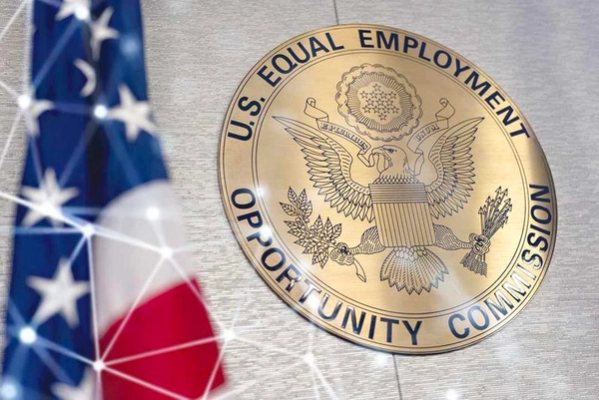May 2023

The European Commission released a draft for conducting audits under the Digital Services Act (DSA) on May 6, 2023, which pertains to the 17 Very Large Online Platforms (VLOPs) and 2 Very Large Online Search Engines (VLOSEs, including Facebook, LinkedIn, Twitter, Bing, and Google). The purpose of this delegated regulation is to promote transparency and public accountability for large platforms, with provisions for annual independent audits. Algorithmic systems will be audited and will include disclosures and risk assessments. The draft clarifies the relationship between Audited Providers and Auditing Organizations, and lays down provisions for selecting auditors, data sharing, and cooperation. Auditing Organisations will send Final Reports, including Risk Analyses and Audit Conclusions, and must be completed within a year from the date of application of the obligations to the Audited Provider. The draft is open for public comments until June 2, 2023. The article promotes Holistic AI's interdisciplinary approach for AI governance, risk, and compliance.
April 2023

The Equal Employment Opportunity Commission (EEOC) has joined forces with the Consumer Financial Protection Bureau (CFPB), the Department of Justice's Civil Rights Division (DOJ), and the Federal Trade Commission (FTC) to issue a joint statement on the use of artificial intelligence (AI) and automated systems. The statement emphasizes the need to ensure that the use of AI and automated systems does not violate federal laws related to fairness, equality, and justice. The EEOC has also launched an AI and algorithmic fairness initiative, published guidance on AI-driven assessments and drafted a strategic enforcement plan for 2023-2027. The statement warns about the risk of discriminatory outcomes resulting from automated systems trained on biased, imbalanced, or erroneous data or without considering the social context.

The New York City Department of Consumer and Worker Protection will enforce its final rules on the Bias Audit Law beginning on July 5, 2023. These rules clarify definitions, modify the calculation of scores, and establish new regulations for independent auditors. The definition for "machine learning, statistical modelling, data analytics, or artificial intelligence" has been expanded, and the requirement for inputs and parameters to be refined through cross-validation or training and testing data has been removed. The adopted rules also require auditors to indicate missing data and exclude categories that comprise less than 2% of the data while justifying the exclusion. The summary of results must also include the number of applicants in each category. Historical data may only be utilized if the employer provides it to the auditor or if the AEDT has never been used before, while test data may only be used if no historical data is available.
March 2023

The UK Government has published a White Paper outlining a regulatory framework for AI, based on five key principles of safety, transparency, fairness, accountability and contestability. The approach seeks to promote responsible innovation and maintain public trust. The White Paper establishes a multi-regulator sandbox and recommends practical guidance to help businesses put these principles into practice.
February 2023

California State Senator Bill Dodd introduced Senate Bill 313 to regulate the use of AI in California. The Bill aims to establish the Office of Artificial Intelligence within the Department of Technology to guide the design and deployment of automated systems by state agencies, ensuring compliance with state and federal regulations and minimizing bias. It also prioritizes fairness, transparency, and accountability to prevent discrimination and protect privacy and civil liberties. The Bill lacks specific actions and enforcement guidelines, but future amendments will likely address this. Holistic AI offers compliance services for AI regulations.